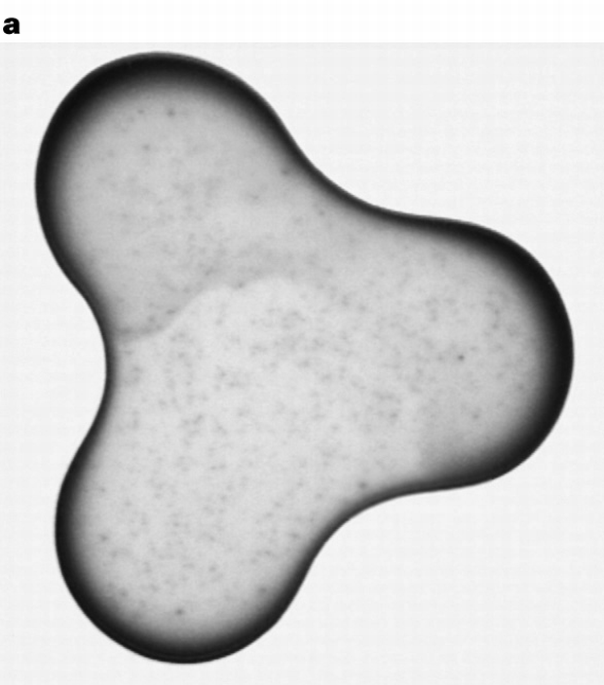
As a linguist, I want to find the words to measure chronic illness
Let me paint a scene that is all too familiar: I’m not feeling well (again), I go to the doctor (again), they take some blood (again; I turn my head away) and poke at me in whatever way my insurance company deems appropriate.
The result is a long sheet of seemingly arbitrary numbers that indicate something about my metabolic processes and the resulting sensations, and I leave without much information aside from some variation of: “These tests tell me that your body seems to be functioning the way everyone else’s is. So we leave you linguistically empty-handed, without a diagnosis or words for these sensations. In conclusion, you’re fine.”
If you also have a complex chronic illness, you’re probably familiar with this experience. These conditions and diseases create a massive linguistic gap that can be difficult for patients to bridge — and even more difficult for medical providers because they don’t experience what we do every day in our bodies.
So what words can I, a linguist and a patient with sensations perceivable only to me, use to fully capture these mast cell activation syndrome (MCAS) and postural orthostatic tachycardia syndrome (POTS) sensations to my providers?









